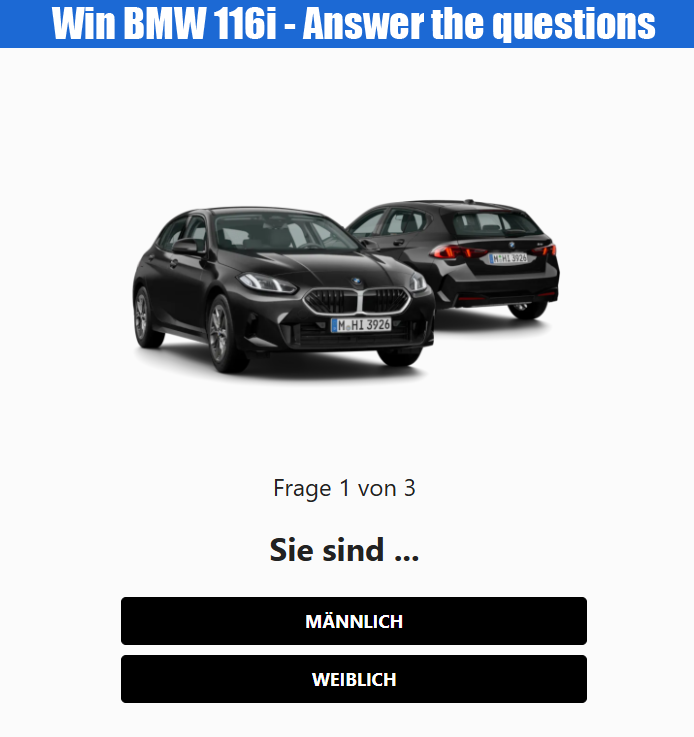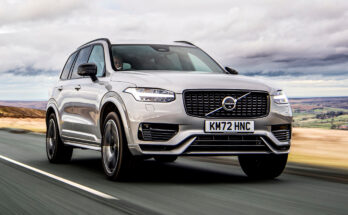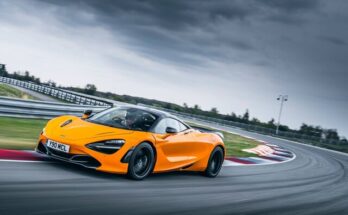BMW has unveiled ambitious plans to introduce its first production hydrogen-powered car by 2028. This move represents a significant milestone in the company’s strategy to diversify its powertrain offerings and address the growing demand for sustainable automotive solutions.
The forthcoming hydrogen vehicle will utilize advanced fuel cell technology to deliver a zero-emissions driving experience, positioning BMW at the forefront of the hydrogen mobility revolution. This development underscores BMW’s commitment to innovation in clean energy, complementing its ongoing efforts in electric vehicle technology.
Hydrogen fuel cells offer a promising alternative to traditional internal combustion engines and battery-electric vehicles. They generate electricity through a chemical reaction between hydrogen and oxygen, emitting only water vapor as a byproduct. This technology not only supports BMW’s goal of reducing carbon emissions but also addresses some of the limitations associated with battery electric vehicles, such as longer refueling times and range anxiety.
The 2028 hydrogen model will build on BMW’s extensive research and development in this field. The company has been exploring hydrogen technology for years, with several prototypes and concept cars demonstrating the feasibility and benefits of this approach. By integrating fuel cell technology into a production vehicle, BMW aims to provide consumers with a practical and environmentally friendly alternative to traditional and electric vehicles.
In addition to its environmental benefits, hydrogen technology could offer significant advantages in terms of driving range and refueling speed. Hydrogen vehicles can typically be refueled in a matter of minutes, compared to the longer charging times required for battery-electric cars. This makes them an attractive option for long-distance travel and for users who prioritize quick refueling.
BMW’s plan also aligns with broader industry trends and governmental policies promoting green technologies. Many governments are investing in hydrogen infrastructure and offering incentives to accelerate the adoption of hydrogen-powered vehicles. BMW’s initiative positions it to capitalize on these developments, potentially capturing a share of the emerging hydrogen market.
The introduction of the hydrogen car in 2028 is part of BMW’s broader strategy to offer a diverse range of powertrain options, catering to different consumer preferences and needs. As the automotive industry continues to evolve, BMW’s commitment to exploring and investing in hydrogen technology reflects its dedication to leading the charge towards a more sustainable future in mobility.
BMW’s upcoming hydrogen-powered car will utilize a hydrogen fuel cell to generate electricity, offering a clean alternative to traditional and battery-electric vehicles. Here’s a detailed look at how it works:
Hydrogen Fuel Cell Operation
- Fuel Storage: The vehicle will store hydrogen in high-pressure tanks located in the car’s chassis.
- Electrochemical Reaction: The hydrogen is fed into the fuel cell stack where it reacts with oxygen from the air. Inside the fuel cell, hydrogen molecules (H2) are split into protons and electrons.
- Electricity Generation: The electrons travel through an external circuit, generating electricity. This electricity powers the car’s electric motor.
- Water Emission: The only byproduct of this reaction is water vapor, making it a zero-emissions technology.
Engine and Powertrain
- Electric Motor: The electricity generated by the fuel cell powers an electric motor, which drives the wheels. This setup is similar to that found in battery-electric vehicles, offering smooth and efficient performance.
- Energy Management: The car will also include an energy management system to optimize power distribution and efficiency. This system may integrate regenerative braking, which recovers energy during braking and stores it in a small battery or capacitor.
Advantages
- Quick Refueling: Hydrogen vehicles can be refueled in a few minutes, similar to gasoline cars, offering an advantage over battery-electric vehicles that require longer charging times.
- Extended Range: Hydrogen fuel cells generally provide a longer driving range compared to many current electric batteries, making them suitable for long-distance travel.
Infrastructure and Challenges
- Hydrogen Stations: For the vehicle to be practical, an extensive network of hydrogen refueling stations is necessary. BMW’s introduction of this car will depend on the expansion of hydrogen infrastructure.
- Production and Cost: Producing hydrogen fuel cells and hydrogen itself can be costly, but advances in technology and economies of scale are expected to reduce costs over time.
BMW’s hydrogen-powered car aims to blend the benefits of rapid refueling and long-range capability with zero emissions, representing a significant step in the evolution of automotive technology.






